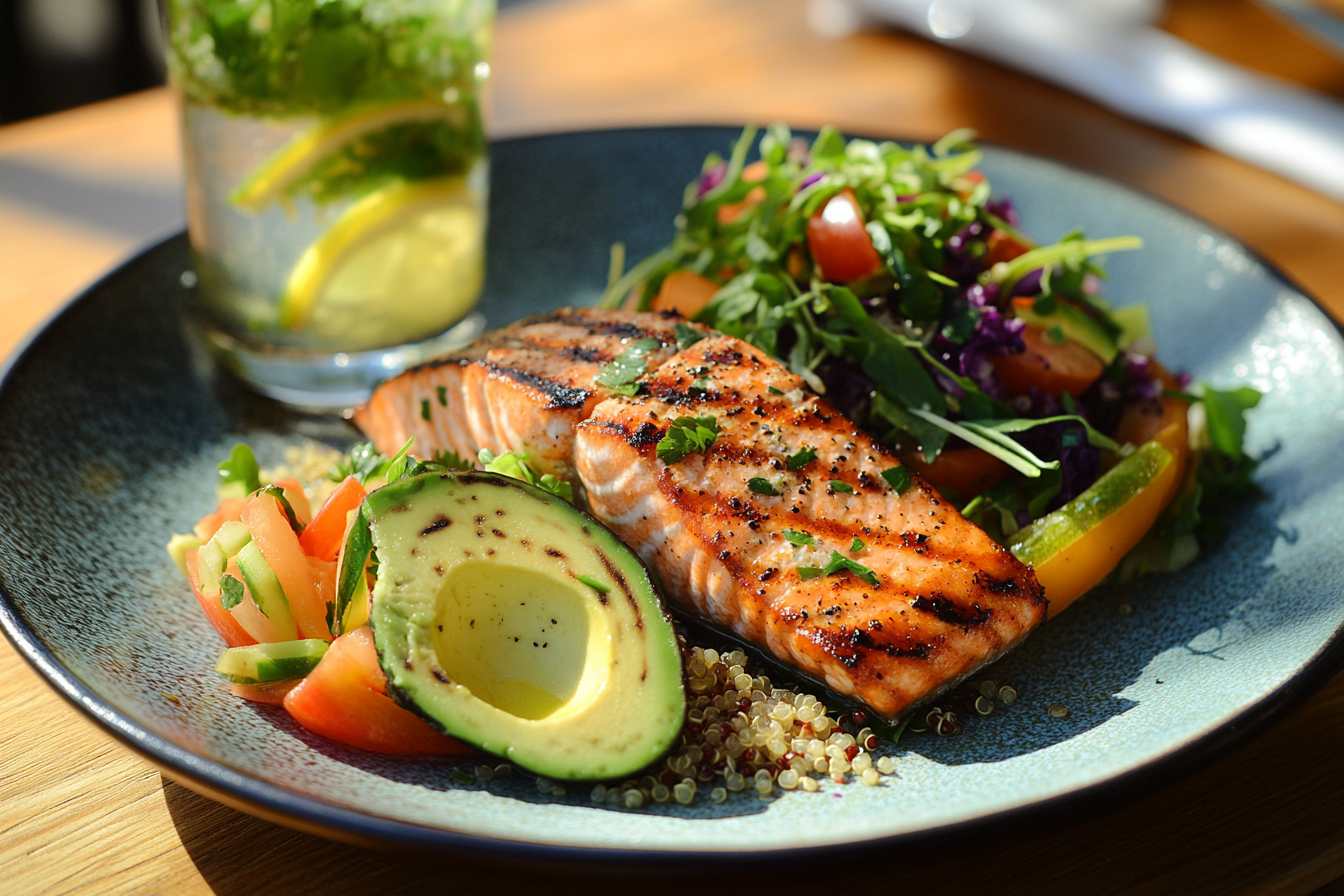10 Meal Plan Ideas for Sustainable Weight Loss Success

Losing weight can be a challenging journey, especially if you don’t have a plan in place. Many people turn to fad diets or extreme workout routines in hopes of quick results, but these methods are not sustainable in the long run. The key to successful weight loss is making small, sustainable changes to your diet and lifestyle. One effective way to do this is by creating a meal plan that promotes weight loss while also being environmentally friendly. In this blog post, we’ll be sharing 10 meal plan ideas for sustainable weight loss success.
1. Plant-Based Meal Plan
A plant-based diet is not only good for your health but also for the planet. By focusing on whole foods like fruits, vegetables, legumes, and whole grains, you can create a meal plan that is rich in nutrients and low in calories. Swap out meat for plant-based proteins like tofu, tempeh, and beans to reduce your carbon footprint while also promoting weight loss.
2. Mediterranean Meal Plan
The Mediterranean diet has been proven to be one of the healthiest and most sustainable diets in the world. This meal plan focuses on whole grains, lean proteins, healthy fats like olive oil, and plenty of fruits and vegetables. Not only is this meal plan great for weight loss, but it also promotes heart health and is environmentally friendly.
3. Seasonal Meal Plan
Eating foods that are in season not only supports local farmers but also reduces the environmental impact of transporting produce from other countries. Create a meal plan based on what’s in season in your area to ensure you’re getting the freshest and most nutrient-dense foods.
4. Meal Prep Plan
Meal prepping is a great way to save time and stick to your weight loss goals. By planning and preparing your meals ahead of time, you can ensure that you have healthy, portion-controlled meals ready to go throughout the week. This eliminates the need for fast food or unhealthy snacks and reduces food waste.
5. Whole Foods Meal Plan
Processed foods not only contribute to weight gain but also have a negative impact on the environment. By focusing on whole, unprocessed foods, you can create a meal plan that is both nutritious and sustainable. This means avoiding packaged and processed foods and opting for fresh, whole ingredients.
6. High-Protein Meal Plan
Protein is an essential nutrient for weight loss, as it helps to keep you feeling full and satisfied. However, not all protein sources are created equal. Opt for sustainably sourced proteins like wild-caught fish, grass-fed beef, and free-range chicken to reduce your carbon footprint.
7. Low-Carb Meal Plan
Reducing your carbohydrate intake can be an effective way to lose weight and improve your overall health. However, many low-carb diets rely heavily on meat and dairy products, which have a high environmental impact. Instead, focus on low-carb, plant-based options like cauliflower rice, zucchini noodles, and legumes.
8. One-Pot Meal Plan
Cooking with one pot or pan not only saves time and reduces cleanup but also saves energy and reduces water usage. Create a meal plan that includes one-pot meals like soups, stews, and stir-fries to promote sustainable cooking practices.
9. Local Meal Plan
Supporting local farmers and businesses is not only good for the economy but also for the environment. Create a meal plan that focuses on locally sourced ingredients to reduce the carbon footprint of your food and ensure that you’re getting the freshest produce.
10. Balanced Meal Plan
The key to sustainable weight loss is balance. Create a meal plan that includes a variety of whole foods from all food groups to ensure you’re getting all the nutrients your body needs. This will not only promote weight loss but also support a healthy, sustainable lifestyle.
In conclusion, creating a meal plan that promotes weight loss and sustainability is not as difficult as it may seem. By incorporating these 10 meal plan ideas into your routine, you can achieve your weight loss goals while also making a positive impact on the environment. Remember to focus on whole, unprocessed foods, support local farmers, and reduce food waste to create a meal plan that is both healthy and sustainable.
